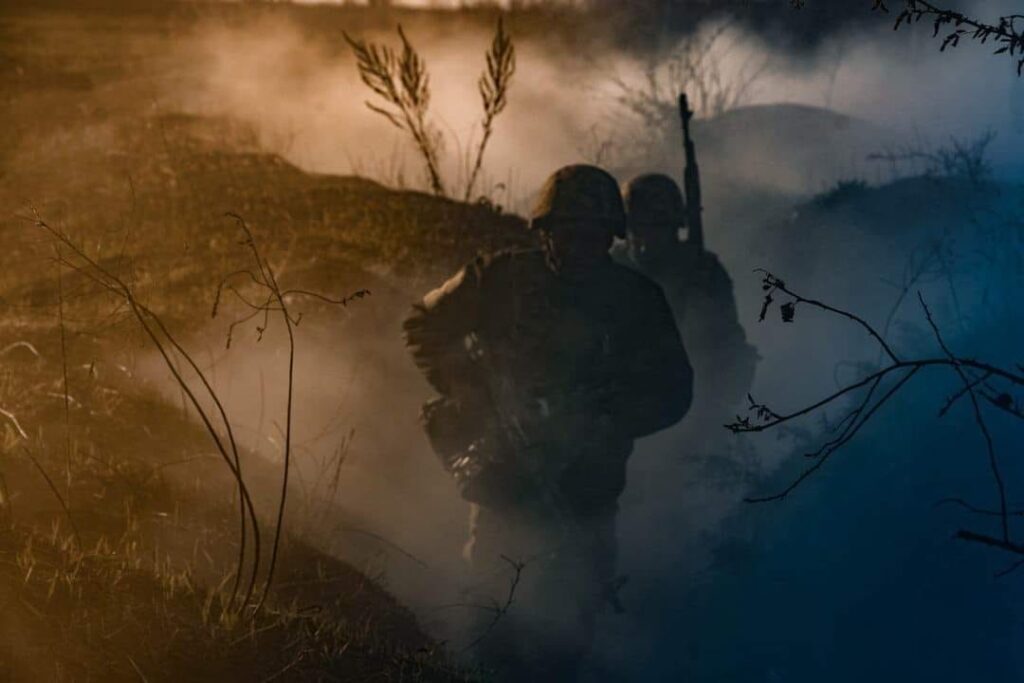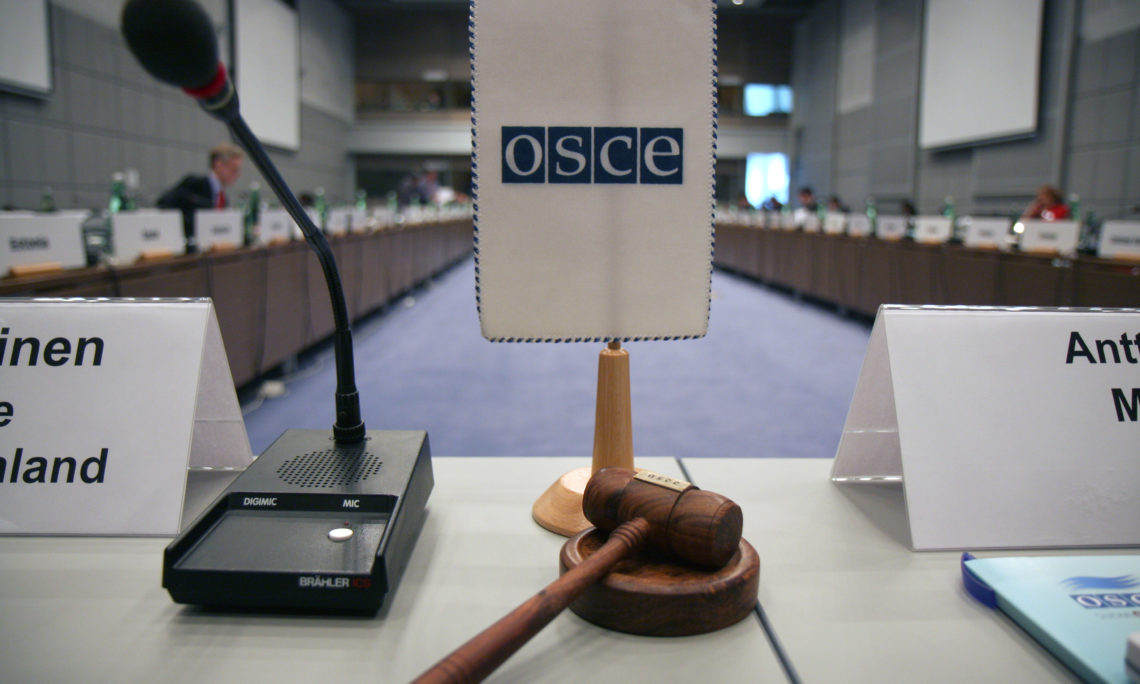Russians launch three-way pincer to encircle Ukraine’s key hub Kurakhove
Moscow's forces are advancing on Kurakhove in Donetsk Oblast from three directions: south from captured Selydove, north from Bohoiavlenka, and along the eastern axis.


Russian forces are attempting a pincer movement to encircle Kurakhove, a key Ukrainian strongpoint in the southwestern Donetsk Oblast, despite suffering heavy losses.
Kurakhove, home to one of Ukraine’s largest thermal power plants that once supplied electricity to much of Donetsk Oblast, is a crucial defensive hub protecting Ukrainian positions west of Donetsk city. Its capture would give Russian forces control over key supply routes and potentially threaten Ukrainian defenses across the southwestern Donetsk Oblast.
“Russians are trying to cut off our logistics and intensify their strike drone operations. FPV drones are now actively operating basically within Kurakhove and its approaches,” said Orest Drymalovskyi, spokesperson for the 79th Separate Air Assault Brigade.
The Ukrainian General Staff reported over 40 Russian attacks on Kurakhove in the past 24 hours. Russian forces are conducting the pincer operation from three directions: advancing from the east, pushing from the north after capturing Selydove, and attacking from the south near Bohoiavlenka village.

The Institute for the Study of War (ISW) notes that while Russian forces are advancing faster than at any point in the past two years, they “likely cannot sustain their current casualty rates,” citing estimates of tens of thousands of Russian military losses monthly. Russian military bloggers have reported “disproportionately high personnel losses” in the area.
The frontline section from Pokrovsk to Kurakhove, stretching several dozen kilometers, has become the main thrust of Russian offensive operations.
Read more:
- NYT: Russia, North Korea set to launch Kursk counteroffensive within days
- Ukraine braces for Russian assaults on frontline positions, Vremivka and Huliaipole at risk
- Victory for Russia in Ukraine would threaten US global interests, says NATO official



